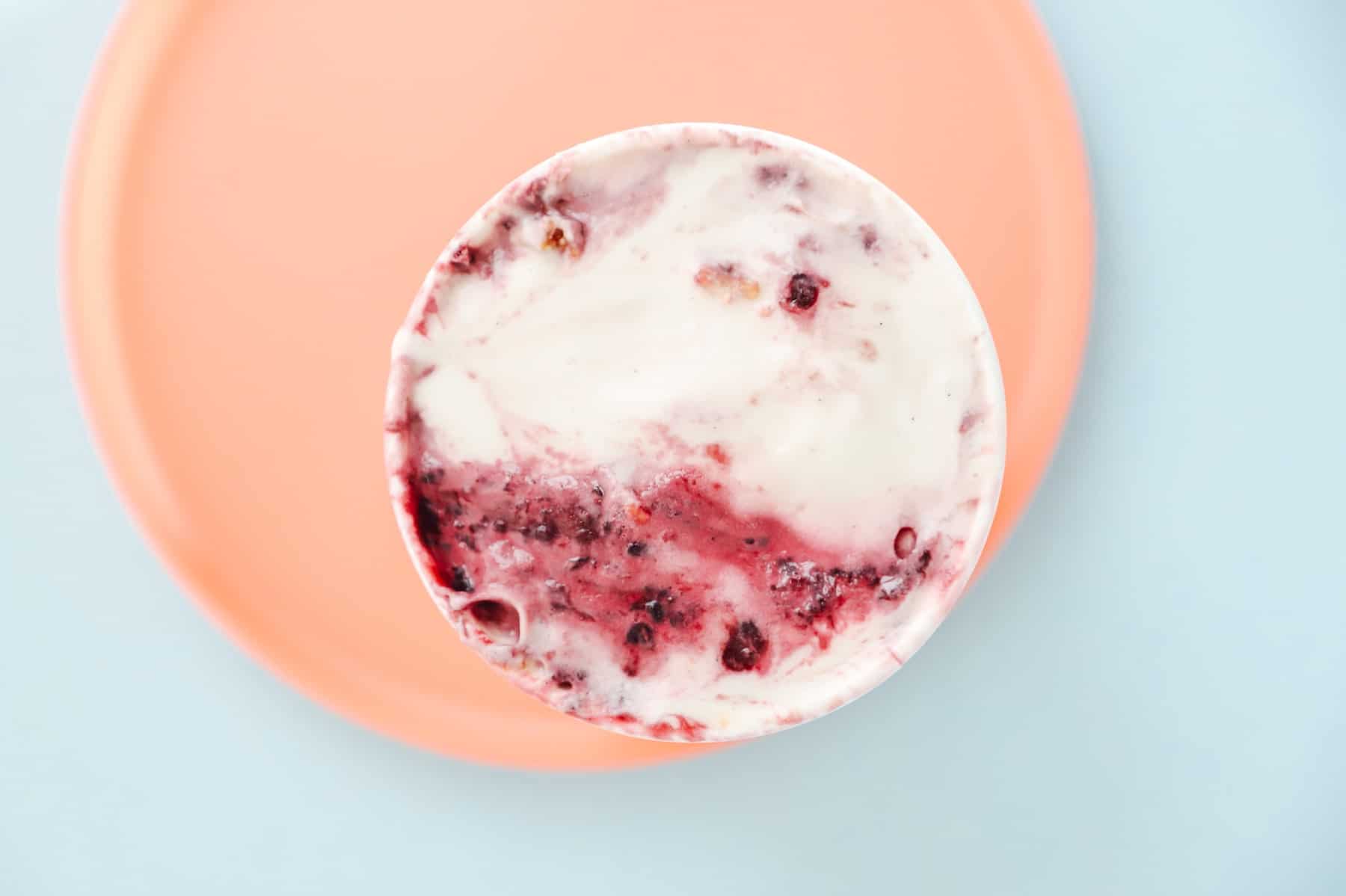When it comes to your health, there are several pillars of nutrition and wellness that you can examine to understand the areas that are thriving and the areas that may need some work. With over a year of the pandemic behind us, I am sure most of us are in the same boat of re-examining habits and areas of health that we would like to improve.
One pillar of nutrition that is exceptionally important for your overall health is your digestive system. It’s responsible for processing the food you eat and absorbing the nutrients you need to have a thriving body and life. It can take a village to keep your gut healthy, and two critical tools to help optimize your health are prebiotics and probiotics. Today, I’ll be sharing how prebiotics and probiotics work together to help you (and your gut) stay healthy!
What are Prebiotics?
Prebiotics are non-digestible fiber compounds (or carbohydrates) that feed our gut bacteria. Gut bacteria, or the term “gut microbiome” refers to the bacteria, viruses, and microbes that reside in the body and digestive system. Don’t be alarmed – healthy adults typically have thousands of species of these microscopic organisms in our gut. Our bodies have cultivated a mutually beneficial relationship with this bacteria and the driving fuel to this relationship? You guessed it – your diet or, more specifically, prebiotics.
Prebiotics naturally occurs in many foods, such as vegetables, fruits, and whole grains. Some great examples are foods like bananas, onions, garlic, leeks, asparagus, garbanzo beans, and whole-grain foods. If you’re naturally following a balanced diet of whole foods, it’s likely you’re already getting these beneficial prebiotics.
What are Probiotics, Then?
Probiotics are the bacteria mentioned above, the live microorganisms living in your body that support gut health and aid in digestion. A probiotic supplement is a live bacteria supplement of these microorganisms! They are intended to have health benefits when consumed or applied to the body and can be found in yogurts and other fermented foods, dietary supplements, and beauty products. Many of these probiotic microorganisms are the same microorganisms that are naturally living in our bodies. Some examples of these are the most widely studied strains Lactobacillus and Bifidobacterium which have the most research supporting positive health outcomes. The overall effect of probiotics will depend on many variables like dosing or count of the bacteria, the various types of bacteria strains, and the total length of time you are supplementing.
If you are interested in taking a probiotic supplement, it’s advised to talk with your health care provider to discuss your health concerns and goals. While a substantial amount of research has been done on probiotics, we still have much to learn about whether they are helpful and safe for various health conditions.
TL;DR: Prebiotics Feed Probiotics
Probiotics and prebiotics work well together to amplify health and wellness, so there are advantages of using both to get your gut health up to a 5-star rating. Incorporating more prebiotic foods (e.g., vegetables, fruits, and whole grains) and probiotic foods (e.g., yogurts, sauerkraut, and kimchi) are some examples of foods we can all easily add to our plates on a more regular basis.
If making a long-term dietary change feels overwhelming to you at the moment (life is hectic, we get it), a healthy meal delivery plan can be a good place to start. Not only does it take the work of shopping and cooking off of your shoulders, but you’ll be able to easily test out different types of foods and see if you notice any positive changes in the way you feel. Snap Kitchen offers a range of plans personalized to your lifestyle, including options with prebiotic foods like our Korean BBQ Meatballs.





Leave a Reply
No Comments